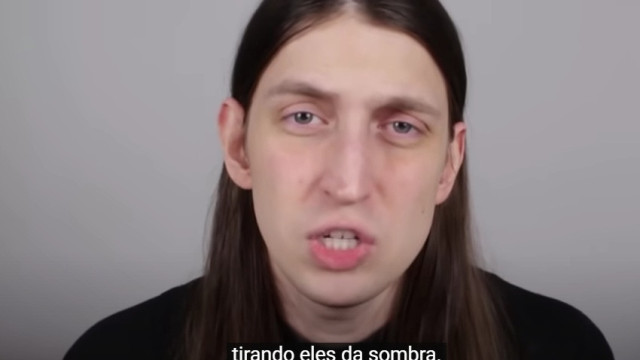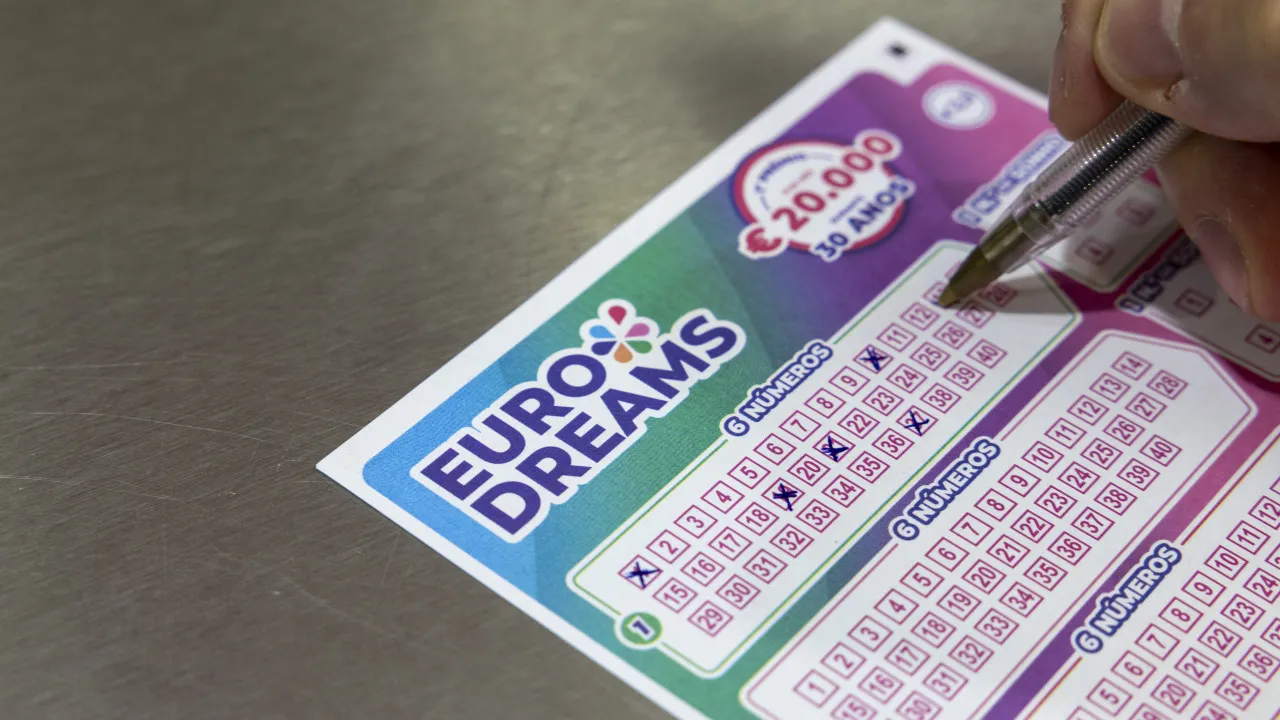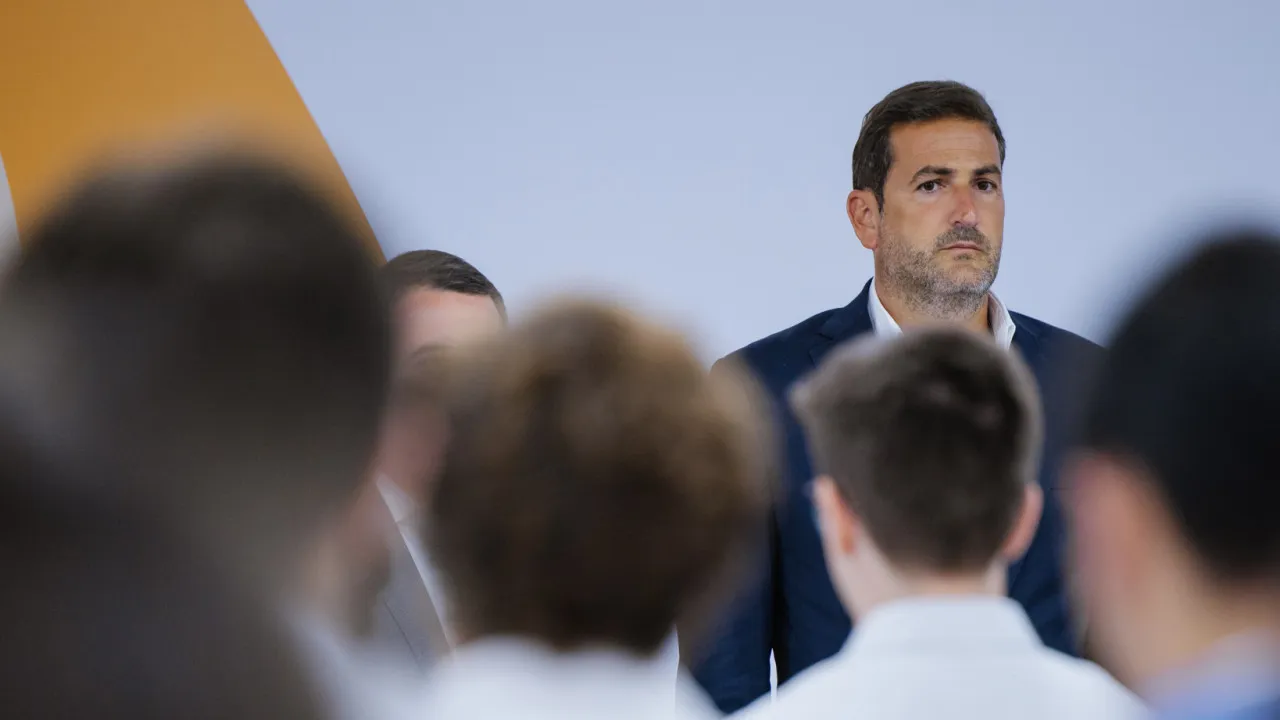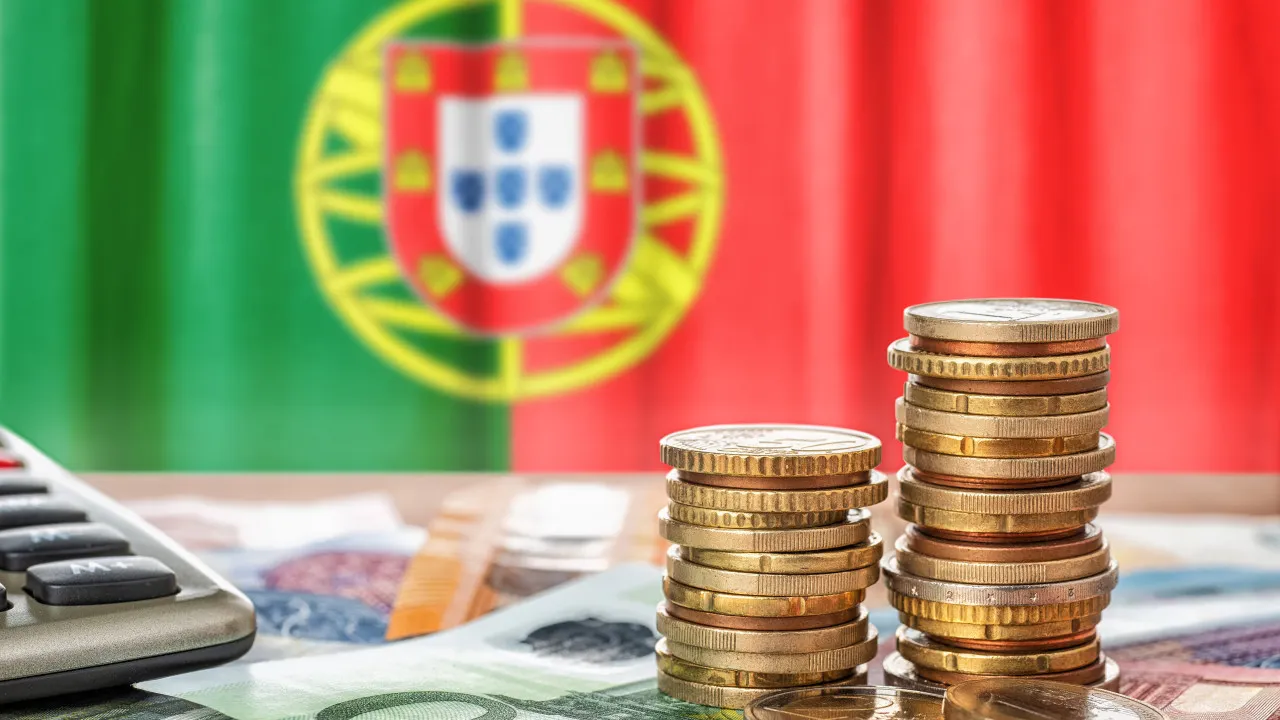The term “adultization”—the exposure of children or adolescents to adult behaviors—has sparked significant discussion in recent weeks, notably following a video by Brazilian YouTuber Felca, highlighting several instances where minors act like adults for social media views. In response, the Polícia de Segurança Pública (PSP) has issued a series of warnings and advice for parents.
“Increasingly early, children and adolescents are pressured to behave or present themselves as adults, in their dress, communication, or premature sexualization. This phenomenon is called ‘adultization’ and can involve serious risks to their safety and well-being,” a social media post stated.
The security force warns that adultization “exposes young people to risks they are not prepared for,” as “when a child or adolescent is treated or behaves like an adult prematurely, they are not equipped to deal with the consequences.”
The minors, PSP warns, “do not have the emotional or psychological maturity to handle adult situations.”
Additionally, the “pressure to appear ‘older’ increases vulnerability” and “creates weaknesses in self-esteem, identity, and security.”
These behaviors lead to “greater exposure to sexual exploitation and online grooming,” “vulnerability to emotional or financial manipulations or the non-consensual distribution of images,” and “greater susceptibility to bullying, cyberbullying, or violence.”
Adultization is also linked to the use of social media, where “many youths portray themselves as adults” with “suggestive content, adult language, and dangerous challenges.”
“This exposure is often the result of social pressure, the influence of personalities and influencers, the need for ‘likes’ and peer approval, and the constant comparison to unrealistic standards,” the PSP warns.
This exposure “opens doors to criminals and sexual predators,” increasing the risk of minors becoming “victims of crimes such as sexual exploitation, cyberbullying, grooming, and non-consensual image sharing.”
It also weakens “self-esteem and personal identity” and leads to the “normalization of risky behaviors,” such as “violence, consumption, and premature sexualization.”
In this context, the PSP offers the following advice to parents:
- Be aware of the social media and applications their children use and what they publish;
- Set time limits for phone use, sharing boundaries, and online privacy;
- Talk openly about digital safety, self-esteem, and peer pressure;
- Explain that each life stage has its value and there is no rush to “appear adult”;
- Adopt healthy behaviors in using social media and image exposure;
- Encourage talents, hobbies, and healthy friendships to reduce the pursuit of online validation.
“Adultization is not maturity. It is a risk. Protect childhood, protect the future,” stresses the PSP.

A Brazilian YouTuber highlighted several social media contents last week that improperly expose children and young people. His video, watched by 35 million people, has already prompted action.
Andrea Pinto | 10:47 – 13/08/2025




